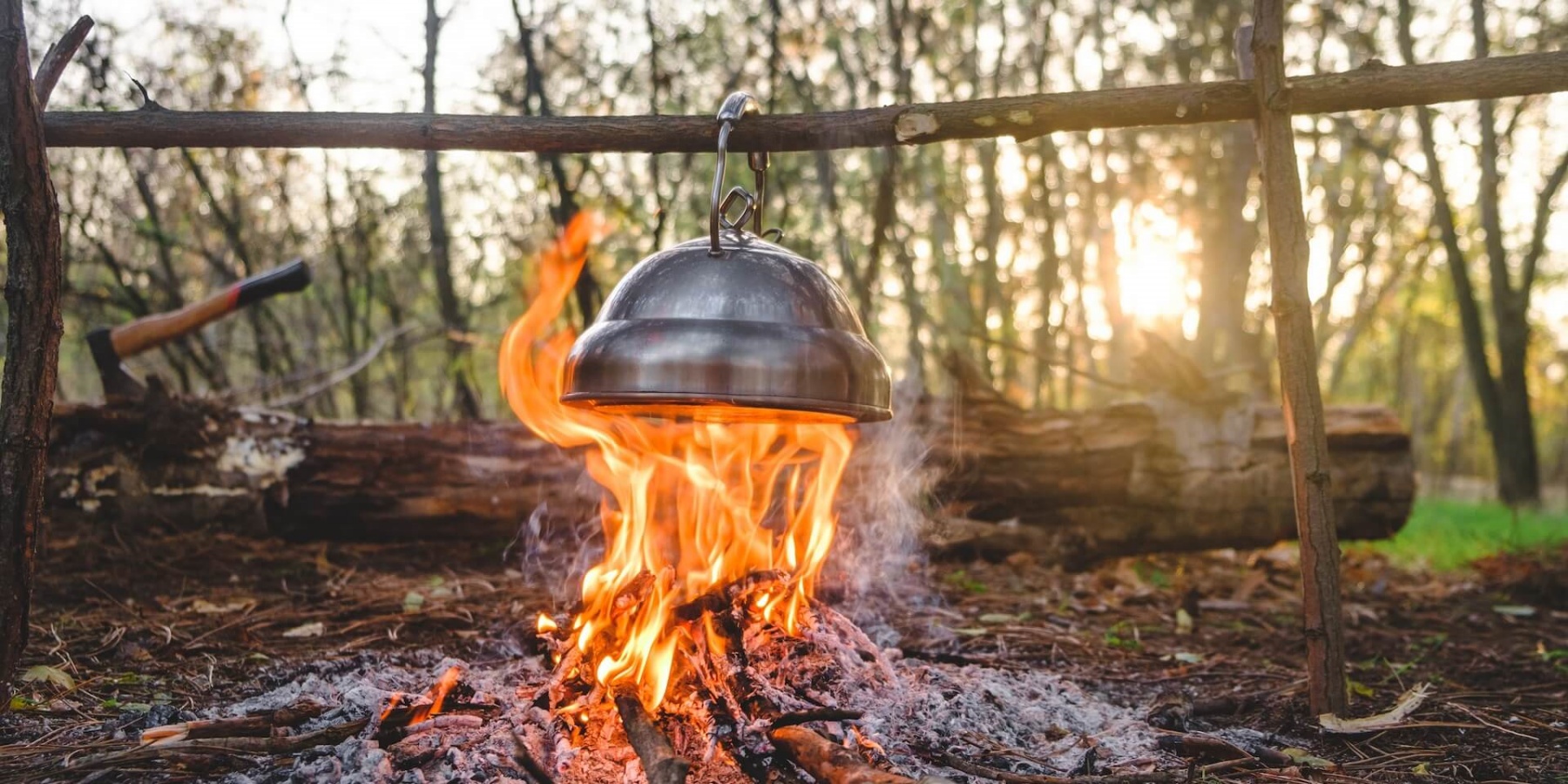Continuous hot water is essential for workplaces like offices, hotels, and restaurants. When choosing between a commercial boiler system or electric kettles, factors like upfront costs and long-term operating expenses impact the decision. This article explores using boilers for frequent hot water needs from sustainability, efficiency, and budget perspectives.
Speed and convenience
While commercial boilers offer the advantage of instant hot water access, electric kettles suffer from the disadvantage of providing only intermittent hot water due to their limited capacity and need for frequent refills.
The boiler advantage for instant hot water
Commercial boilers connect directly to plumbing and heating systems to deliver unlimited freshly heated water on demand without waiting for refills or reboiling. Larger models can sustain continuous draws for hours. Smaller under-counter boilers restore tank capacity in under 10 minutes. This ensures constant hot water supply.
The kettle disadvantage of intermittent hot water
Electric kettles can only heat a single small batch of water at a time. Staff have to manually refill and reboil kettles every few cups. This causes 5-7 minute waits that interrupt workflows during busy periods. Kettles cannot meet sustained demand beyond a few sporadic daily peaks.
Operating cost and environmental analysis
Commercial boilers demonstrate lower lifecycle costs and greater sustainability, as evidenced by case studies in hotels and offices, showcasing significant energy savings and reduced environmental impact compared to electric kettles.
Lower lifecycle costs with commercial boilers
While boilers require higher upfront investment, they minimize operating expenses over time. Serving 150 daily hot drinks, kettle electricity and replacement costs exceed a boiler's energy use in 5 years. Beyond the 2-year break-even point, boilers provide ongoing savings.
Case study: Hotel and office examples
At a 100-room hotel needing 300 hot drinks daily, a boiler system consumes 2.7 times less power than kettles. Payback takes just 16 months. An office with 500 employees and 100 gallons of daily hot water demand saves 48% in energy costs with an efficient boiler instead of kettles.
Greater sustainability with commercial boilers
Engineered for 97% efficiency, boilers minimize fossil fuel-based emissions. Recycling loops conserve water. Converting to boilers enables superior environmental responsibility.
Conclusions and recommendations
For over 50 gallons daily demand, quick-recovery commercial boilers are strongly advised over electric kettles on operational, cost and sustainability factors after breaking even within 2 years. Their unmatched reliability streamlines hot water supply responsibly for years.


